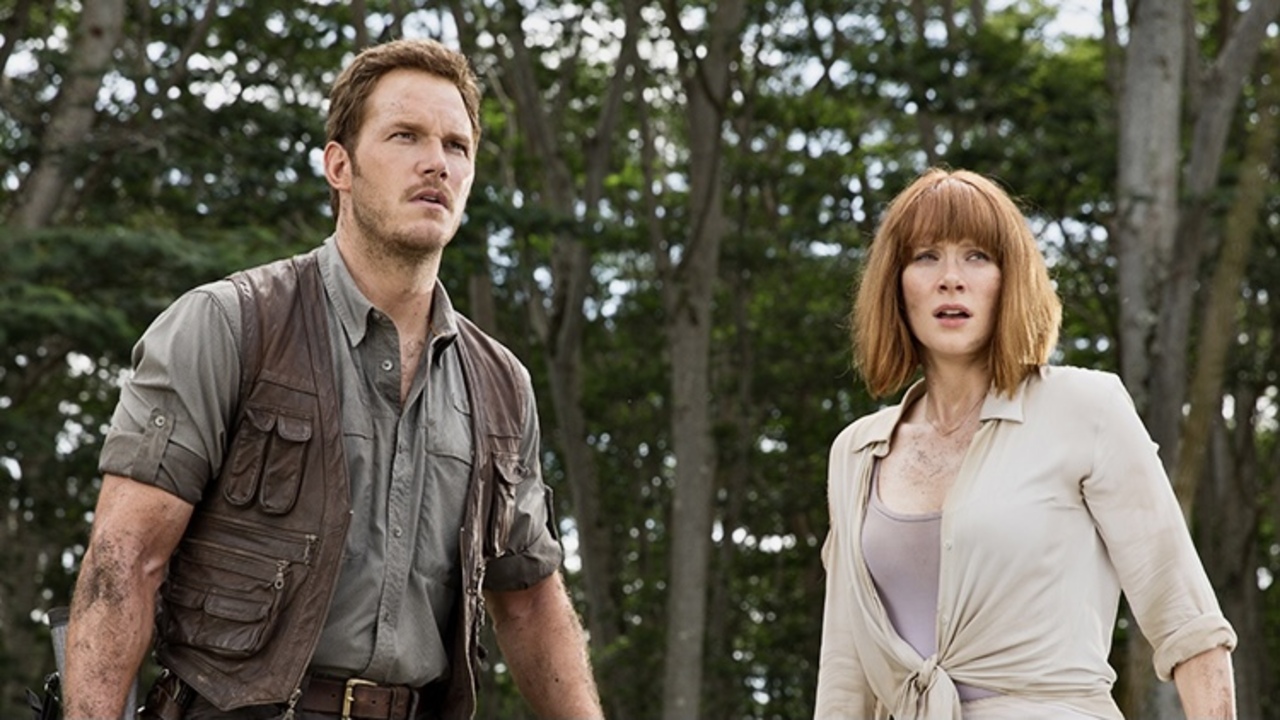The legacy sequel has shown itself to be every bit as inconsistent as the rest of Hollywood’s bandwagon-jumping trends, with Jurassic World serving as one of the most prominent examples of how an acclaimed reinvigoration of a stagnant brand can swiftly drive itself right off a cliff in the face of diminishing returns.
Having lain dormant for close to 15 years, Colin Trevorrow brought the prehistoric fantasy franchise roaring back to life in jaw-dropping style. The Chris Pratt-led fourth installment was a monster at the box office, devouring records and milestones on a near-daily basis on its way to an eye-watering $1.67 billion at the box office, and it still ranks as the eighth highest-grossing release in the history of cinema.

A 71 percent Rotten Tomatoes score and 78 percent user rating marked stellar returns from paying customers and critics alike, but the sequels torpedoes that enthusiasm in an instant. Sure, both Fallen Kingdom and Dominion earned over a billion dollars each to ensure the saga never lost its commercial viability, but the third installment in the sequel trilogy just so happens to be the second worst-reviewed film to have ever crossed 10 figures in ticket sales, while its predecessor was only marginally better.
That’s why it shouldn’t be a surprise that the opening salvo of a three-act exercise in how to completely obliterate the goodwill of your core fanbase has become the one to take a substantial bite out of the Netflix charts. As per FlixPatrol, Jurassic World is currently the fourth top-viewed title on the streamer’s worldwide watch-list, having shown that life always finds a way on the Top 10 in 48 countries.

